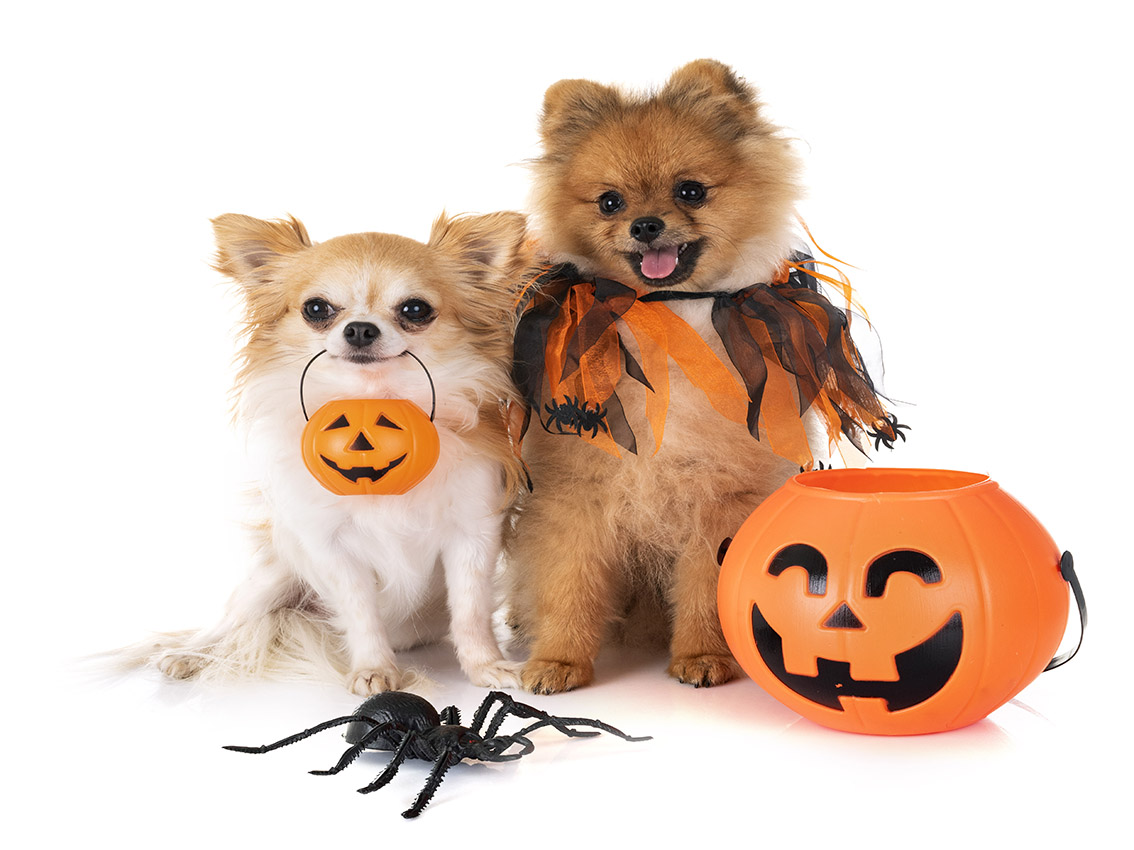Blog
Tips for Giving a Pet as a Gift
 Giving a pet as a gift is a wonderful holiday idea for the animal lover in your life. Here are some tips for giving a dog, cat or other animal as a gift this season!
Giving a pet as a gift is a wonderful holiday idea for the animal lover in your life. Here are some tips for giving a dog, cat or other animal as a gift this season!
Should You Give a Pet as a Present?
Every animal is a gift. During the holidays, however, people start wondering if they should give a pet as a present. Of course, when faced with a holiday gift list it’s natural to try to hone in on what the recipient likes. If you have an animal lover in your midst, it may seem like a no-brainer to match them with a new pet.
Arranging an adoption for someone else can have excellent results, but sometimes a few alternatives can better serve your holiday gift recipient.
Pet Safety Tips for Halloween

Whether or not you’re mentally prepared for the changing seasons, Halloween is upon us – and it’s likely that this fact has probably not missed by your intuitive, observant pet. There’s a great deal to get excited about, but the best results can only be achieved with a diligent approach to Halloween pet safety. Prevent a full-fledged pet emergency this fall with Ten West Bird and Animal Hospital’s special guide.
Not For Everyone
Halloween may just be another holiday on your calendar, or perhaps it takes over your entire household. Whatever the case may be, your pet deserves your full attention on October 31st. Here are the top pet safety tips for Halloween:
Continue…Warm Weather Safety for Flat-Faced Pets
 The long summer months seem to take a toll on everyone – pets included. However, for some animals, hot, humid weather is particularly perilous.
The long summer months seem to take a toll on everyone – pets included. However, for some animals, hot, humid weather is particularly perilous.
Brachycephalic breeds, or flat-faced pets, are at a greater risk for heat-related conditions due to their physical characteristics. If you own a pet and especially a brachy as they’re affectionately called, take a moment to learn how to keep him or her cool, comfortable, and – most importantly – safe.
Why Flat-Faced Pets are More Susceptible
Brachycephalic animals include Bulldogs, Pekingese, Boston Terriers, Pugs, and Persian cats. The very traits that make these flat-faced pets so adorable are also the traits that affect airflow and temperature regulation. Continue…
